The 2024 Paris Olympics have barely begun, and already there’s a splash of controversy. For the second time in as many days, triathletes gearing up for one of the most grueling challenges in the world of sports found themselves sidelined.
The Seine River, a central feature of the Parisian landscape, has turned problematic due to high pollution levels. The training sessions, initially set for early Sunday and then rescheduled for Monday morning, were abruptly called off by officials. This decision came after the latest water quality tests indicated unsafe levels of E. coli bacteria. These heightened levels are a direct consequence of two days of heavy rainfall in Paris, which washed a significant amount of urban runoff into the river.
For centuries, this iconic waterway has been the backdrop for countless romantic walks, artistic inspirations, and historical moments. Part of the problem lies in Paris’s aging sewage system, which can overflow during heavy rains, releasing untreated waste into the river. Add to that the runoff from streets and agricultural areas, and you have got a recipe for a bacterial bonanza. Some environmentalists argue that the city hasn’t done enough to address the root causes of the Seine’s pollution. They point to the need for more green spaces to absorb rainwater, as well as stricter regulations on industrial and agricultural waste.
This situation is particularly disheartening considering the efforts and investment leading up to the games. Since 2015, approximately €1.5 billion has been funneled into revitalizing the Seine to not only beautify the city but to make it a viable host for Olympic water sports. Historically, the river has been notorious for its pollution, with public swimming banned for over a century.
Adding to the urgency and complexity of the situation was a well-intentioned swim by Paris Mayor Anne Hidalgo last week, intended to demonstrate the river’s safety. Unfortunately, subsequent tests showed that the levels of E. coli were above safe limits even on the day of her swim. With the men’s triathlon event just around the corner, optimism remains guarded. The forecast predicts clearer skies, which could potentially improve water conditions. However, the repeated disruptions have put athletes in a tough spot, disrupting their preparation rhythm and adding an element of uncertainty to their Olympic experience.
The repeated cancellations highlight a broader issue of environmental management and urban planning, challenging Paris to balance its historic charm with the practicalities of modern environmental concerns.

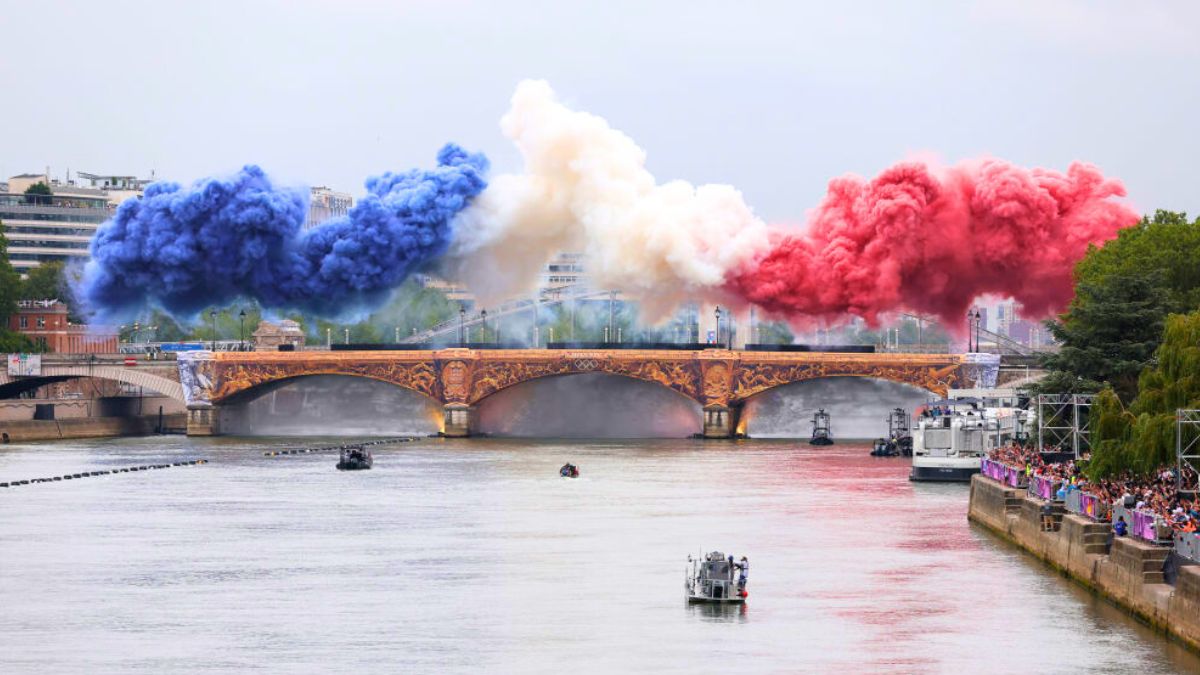
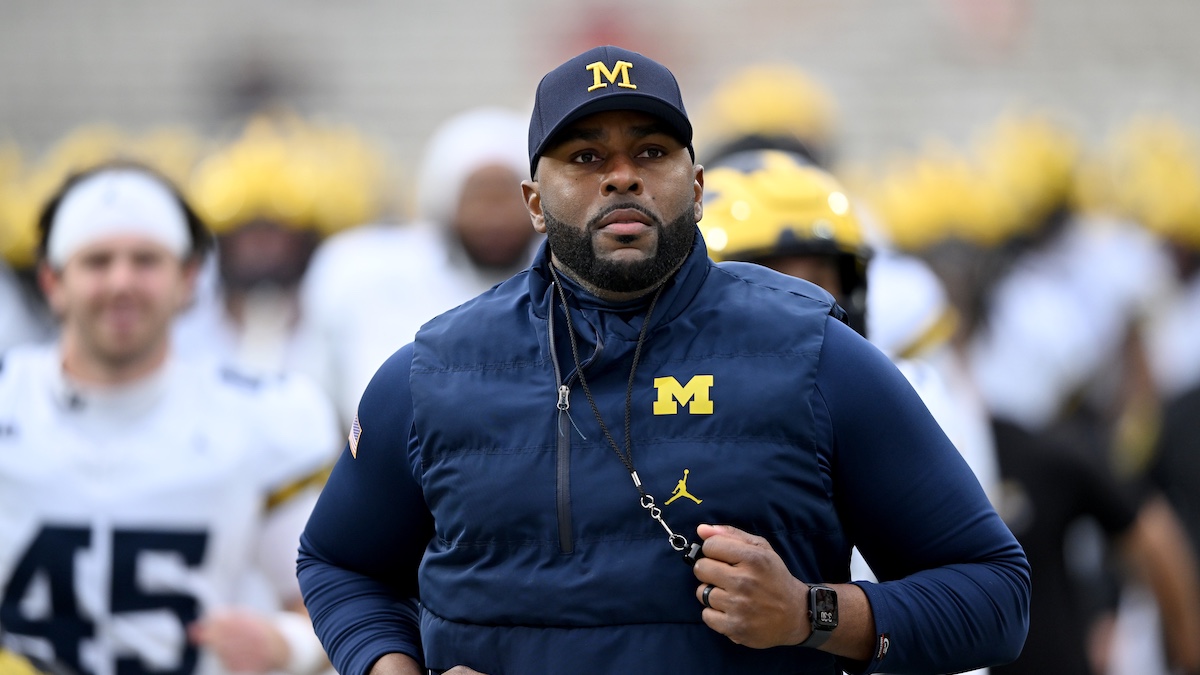
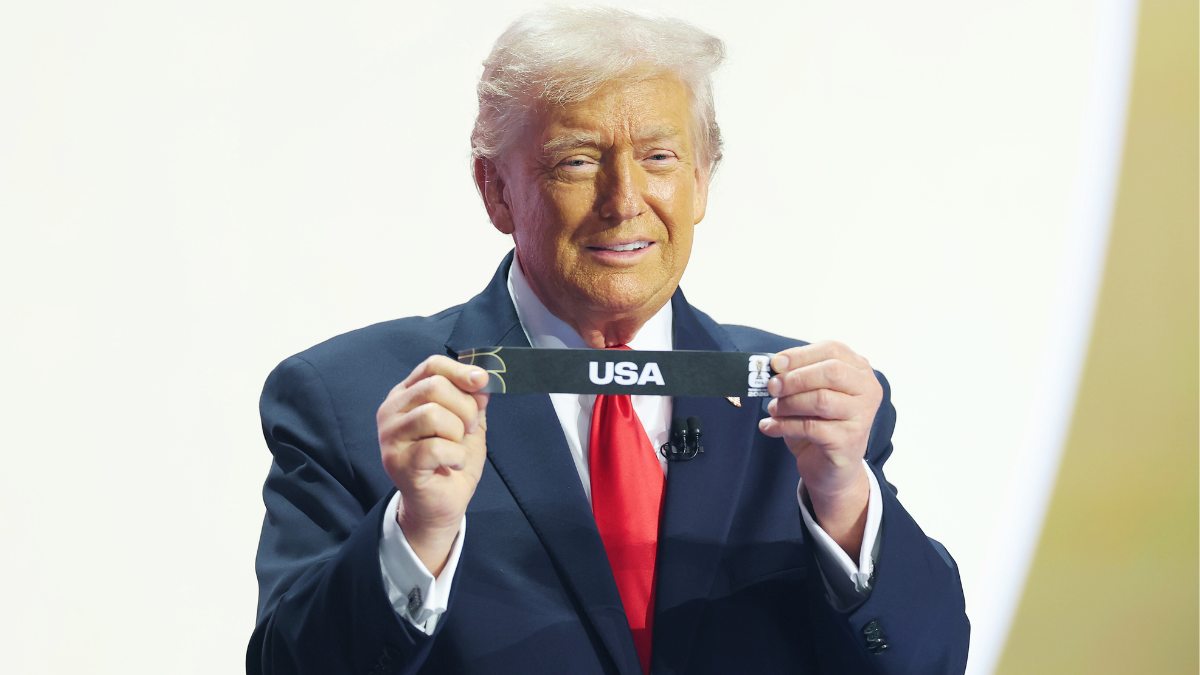

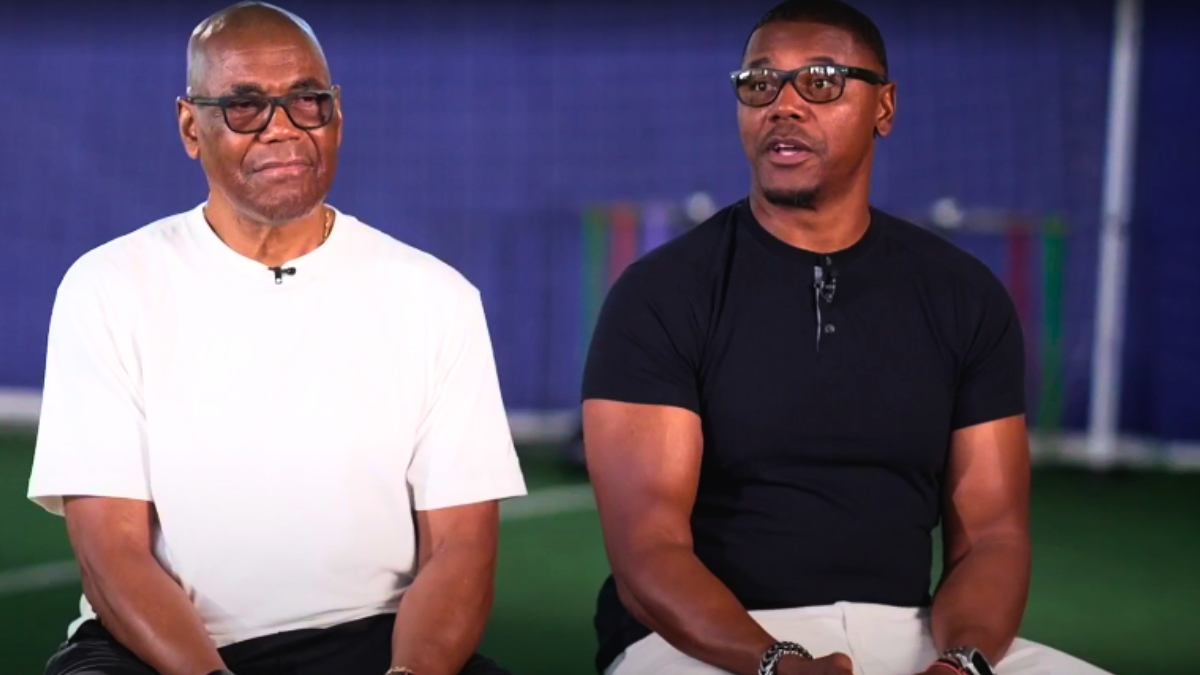
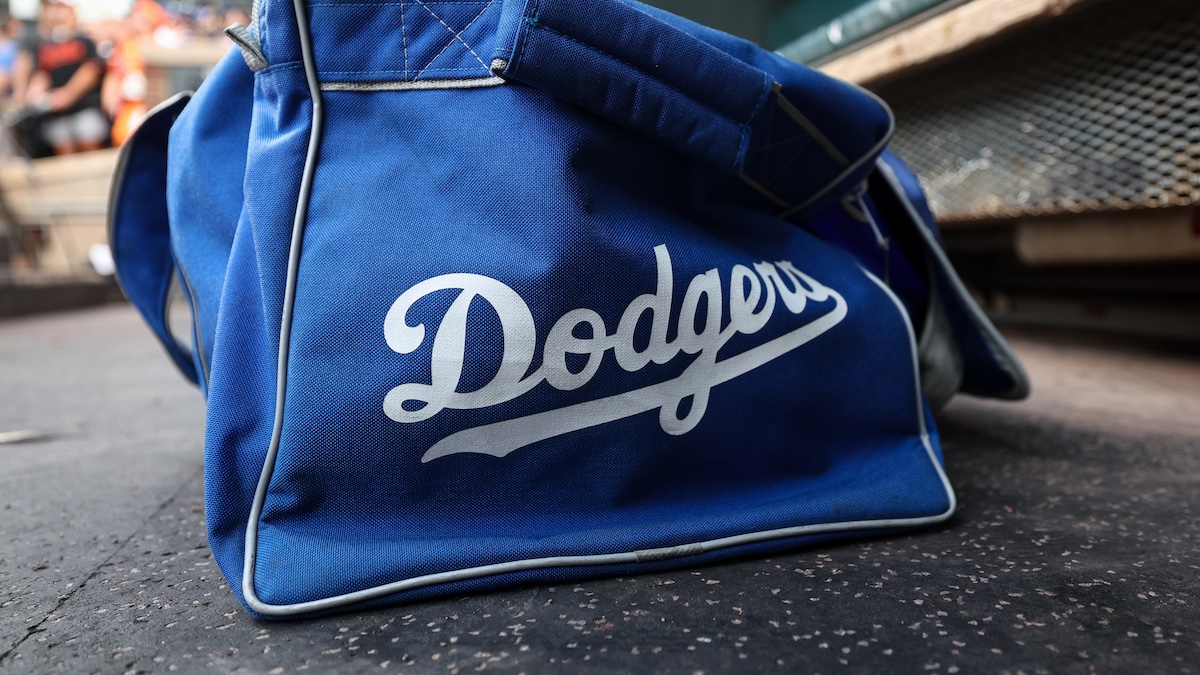


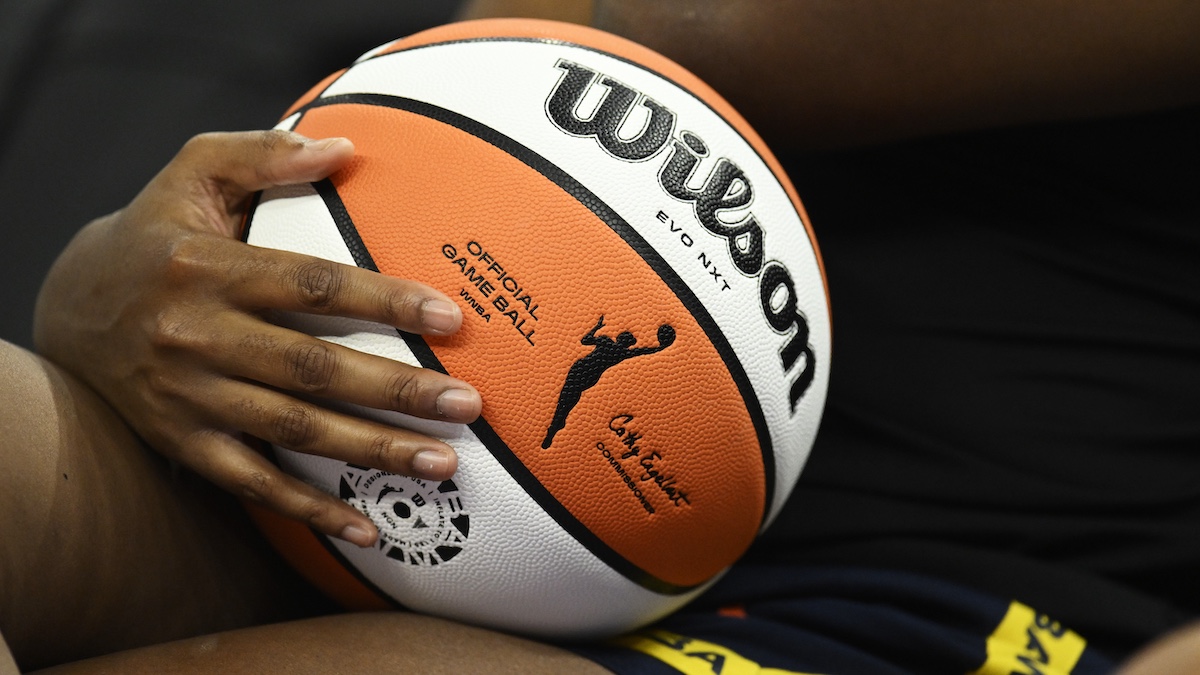

Published: Jul 29, 2024 12:01 pm